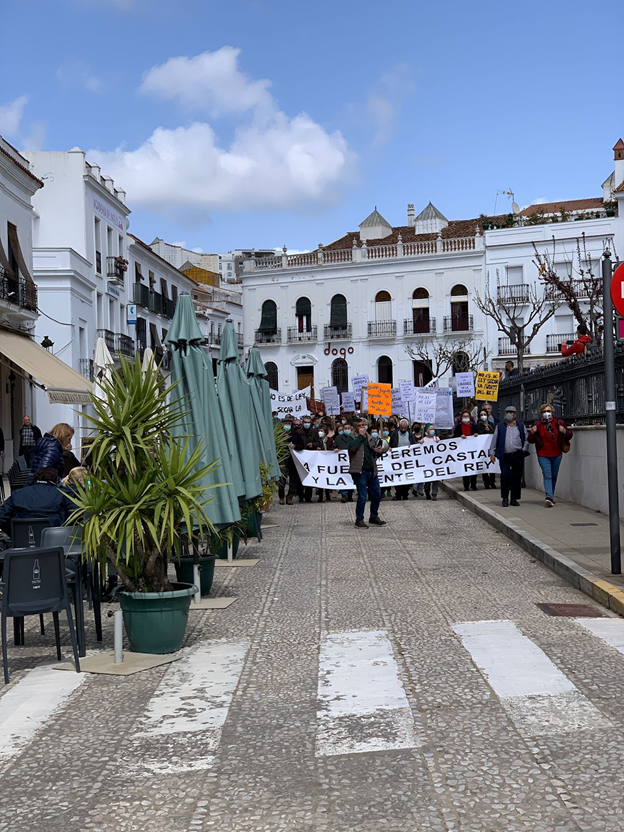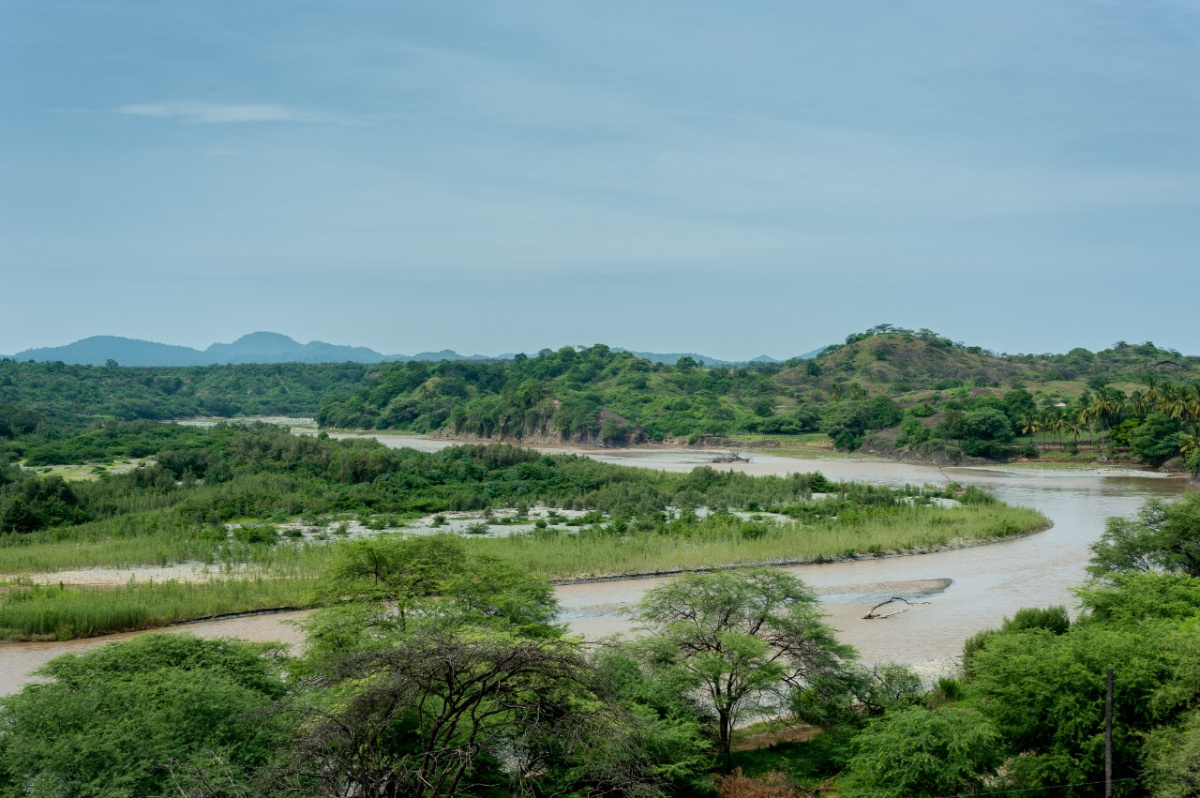Energy Transition Highlighted in UNFCCC June Momentum & Climate Dialogues
By Dr. Stephen Minas - The COVID-19 pandemic has resulted in major delays to international climate negotiations under the United Nations Framework Convention on Climate Change (UNFCCC) and the Paris Agreement. However, while negotiating sessions have been delayed, the work of climate action is continuing and only grows more urgent.

Photo: Pixabay
This year, the UNFCCC held a series of online events titled ‘June Momentum’, followed by the subsequent ‘Climate Dialogues’ series in November and December, organised under the guidance of the chairs of the UNFCCC Subsidiary Body for Scientific and Technological Advice and Subsidiary Body for Implementation. These events highlighted the ongoing work of responding to climate change in different thematic areas, including through the various bodies constituted under the UNFCCC, Kyoto Protocol and Paris Agreement.
Within the ‘June Momentum’ series, the UNFCCC Technology Mechanism hosted a virtual event on 8 June 2020. The Technology Mechanism was established by the UNFCCC Conference of Parties in 2010 to enhance climate technology action. It consists of the Technology Executive Committee (TEC), which provides policy analysis and advises the COP on technology matters, and the Climate Technology Centre and Network (CTCN), which provides technical assistance to developing countries, among other services. The Technology Mechanism also serves the Paris Agreement.
Presentations were made by both UNFCCC bodies and Party and non-Party stakeholders. The webinar was opened by Daniele Violetti, Director of the Means of Implementation division of the UNFCCC Secretariat. Updates on the work of the Technology Mechanism were provided by Mareer Husny, Chair of the TEC, Orly Jacob, then-Chair of the CTCN Advisory Board, and Dr. Rose Mwebaza, Director of the CTCN. Further presentations were given by Dr. Mary Stewart, CEO of energy and climate risk consultancy Energetics, Anand Tsog, Climate Change Officer of Mongolia’s climate technology National Designated Entity, Dr Henrique Schneider, chief economist of the Swiss Confederation of Small and Medium Enterprises, and Roland Roesch, deputy director of the Innovation and Technology Center of IRENA.
Transition of energy systems was a major focus of the discussion. Mr. Roesch introduced IRENA’s work on key drivers of the energy transformation and its recent publication ‘Innovation Landscape for a Renewable-Powered Future’, encompassing enabling technologies, business models, market design and system operation. He highlighted how these innovation dimensions contribute to transforming power, also discussing the case study of expanding renewables use in urban buildings. Dr. Stewart’s presentation emphasised the value of legal frameworks that incentivise outcomes and create jobs, such as renewable power purchase agreements and mandates to identify opportunities for energy efficiency gains.
Following the event, individual speakers provided written answers to the large number of audience questions which could not be addressed during the webinar. These answers also highlighted the importance of energy transition in the broader response to climate change. For example, in response to a question about key technologies for the post-COVID 19 era, it was observed that energy efficiency programmes are a good example of measures that are ‘ready to go’ and which create the most jobs per dollar invested. In response to a question about the technologies being adopted in Mongolia, Ms. Tsog noted a number of solar applications, off-grid energy generation and electric vehicles.
The Technology Mechanism provided a further update on its work in the 25 November ‘Climate Dialogues’ event on the theme of ‘Fostering innovation to help countries build climate resilience and reduce GHG emissions’. Representatives of both the TEC and the CTCN discussed how the respective bodies contribute to fostering innovation, including through collaboration with the Green Climate Fund on development of a facility for climate technology incubators and accelerators. A representative of the Blockchain and Climate Institute described the applications for blockchain technology in renewable energy and other climate projects, as well as the role for smart contracts. The panel also heard about how Austria is working to achieve its 2040 climate neutrality target through a range of investment, regulatory, incentive and support measures.
On 30 November, the TEC hosted the launch of ‘Technology Day’ on the topic of ‘Innovative approaches to deploy, disseminate and scale up adaptation technologies’. This thematic session provided a focus on ‘climate-smart agriculture’. The discussion illustrated, inter alia, the contribution of renewable energy to resilience in agriculture. In her keynote speech, Food and Agriculture Organisation deputy director general Maria Semedo noted that the FAO is exploring the use of renewables in promoting ‘climate-smart’ approaches to agriculture. Moreover, a representative of the CGIAR partnership discussed the benefits to farmers of solar-powered irrigation.
On 1 December, the contribution of the Technology Needs Assessment (TNA) process to climate action was discussed in the event titled ‘From technology needs to climate action’. According to the fourth TNA synthesis report released this year, energy is the most prioritised mitigation sector for TNAs, with 94% of participating Parties prioritising energy. Representatives of the CTCN, GCF, Global Environment Facility and Nationally Determined Contributions Partnership each presented on how they are supporting the implementation of TNAs.
The Technology Mechanism also participated in a range of other meetings during the November Dialogues. These included the GCF’s annual meeting with UNFCCC constituted bodies, the Structured Expert Dialogue of the second periodic review of the long-term global goal of the Climate Convention, and the Ocean and Climate Change Dialogue session on strengthening action under the UNFCCC.
 Photo: Dr. Stephen Minas
Photo: Dr. Stephen Minas



